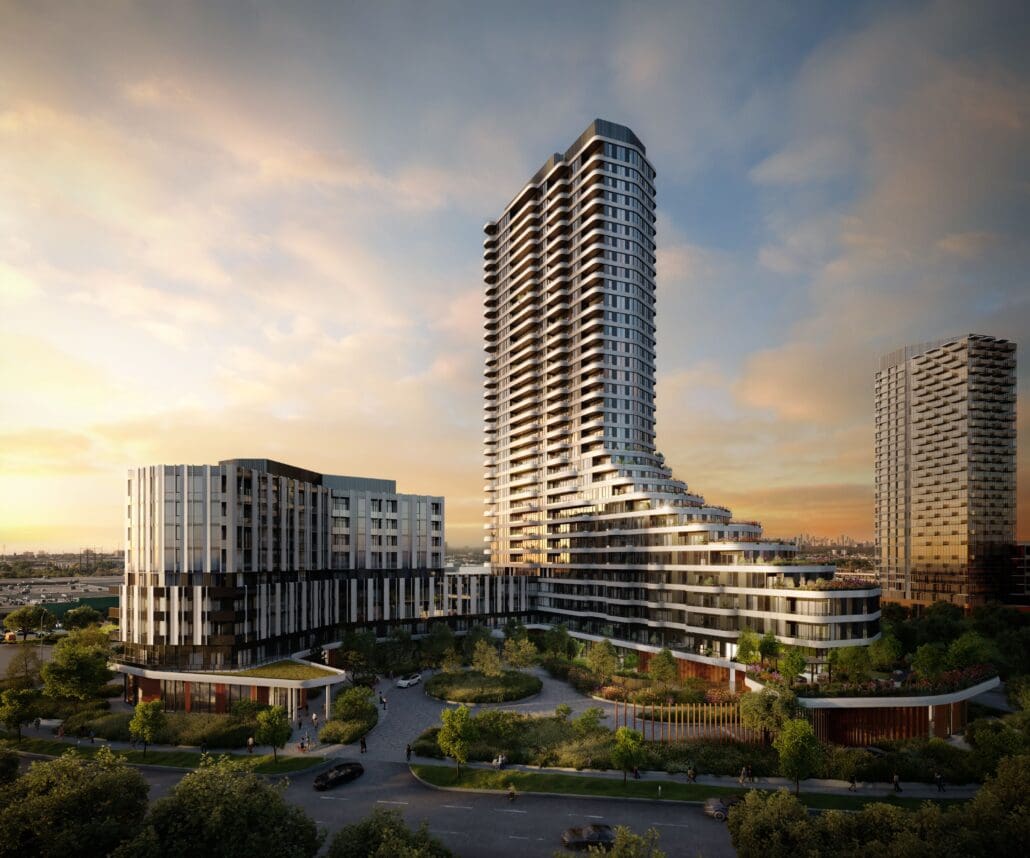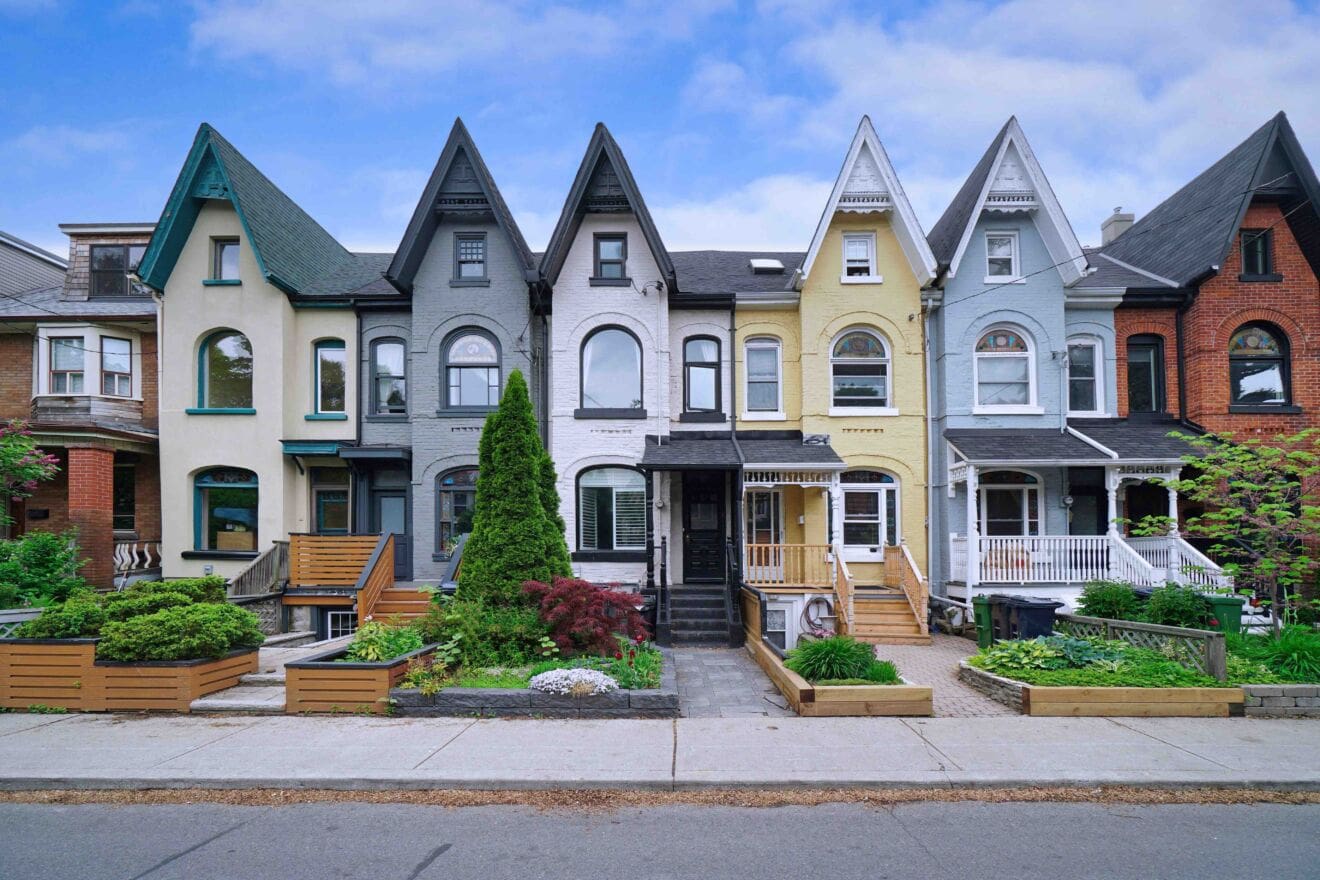
Purchasing a pre-construction condo in the Greater Toronto Area (GTA) has long held appeal: modern finishes, customization, potential appreciation, and the “first-in” advantage. But when a project is cancelled, it can leave you navigating uncertainty. In 2025, with shifting market dynamics, knowing your rights and next steps is more important than ever.
Here is our best advice.
Are Cancellations More Common Now?
Although cancellations remain relatively rare, the risk is heightened right now. The pre-construction market in Toronto is undergoing a major recalibration: slower demand, higher financing costs, a flood of existing unsold units, and caution among developers.
That means if you’re a buyer of a pre-construction unit, even in a strong building, the landscape has changed—and your risk buffer needs to reflect that.
Why Projects Get Cancelled in 2025
Here are the top reasons—and how the current market amplifies them:
1. Sales targets or absorption thresholds not met
Traditionally, many developers aim to sell ~70 % of units before proceeding to full financing.
But in 2025:
- Buyer interest in new condos is suppressed. For many, the value proposition of a finished resale unit now beats a 3- or 4-year wait.
- The inventory of unsold new and under-construction condos is unusually high. This puts pressure on developers to delay or cancel phases.
If a developer can’t hit a pre-sales target, they may postpone or cancel the project to limit risk.
2. Financing and construction cost pressures
Construction, labour, materials, regulatory levies—they’ve all jumped. The historic “cost plus” margin for developers is squeezed.
Now, with interest rates elevated, borrowing is costlier. Combine that with weak pre-sales, and you have a recipe for cancellation or delay.
3. Permits, approvals & regulatory delays
Getting municipal approvals, permits, and zoning variances remains complex in Toronto. In 2025, slower permit timelines and rising compliance costs create further headwinds.
If a developer’s addendum includes a termination clause linked to permit milestones (as is standard) you may be vulnerable.
4. Changing market economics
This one is more pronounced today:
- The resale condo market in the GTA is in correction, prices are down, and inventories are up.
- With weaker investor demand, some pre-construction projects are under stress.
- Developers may convert unsold units into rentals instead of proceeding as originally planned.
In short, the “easy upside” story underpinning many pre-construction models of recent years is much less certain now.
If Your Project Gets Cancelled — What to Do
Here’s a practical checklist for buyers:
- Know your contract & termination rights.
- Most purchase agreements include an early termination clause tied to the developer’s ability to satisfy key conditions (e.g., financing, approvals, minimum deposit).
- Under Ontario law (via the Tarion Warranty Corporation framework and the Condominium Act), your deposit should be refunded — including extras and upgrades — plus interest, if the cancellation is through no fault of your own.
- Many agreements now include a disclosure information sheet highlighting risk—if yours predates that, you may have fewer protections.
- Confirm the refund timeline and protections.
- When a developer cancels a project, they must repay your deposit within the timeframe defined in your purchase agreement and applicable regulations. Know how long you may wait.
- If your deposit exceeds certain thresholds, you might rely on insurance or alternative security mechanisms; consult your lawyer.
- Engage your lawyer or real estate advisor immediately.
- A lawyer familiar with pre-construction contracts can guide you through the termination process, refunds, and potential assignments or transfer options.
- Your advisor or broker should be familiar with the developer’s track record: have they cancelled or delayed other phases? What’s their financial standing?
- In today’s market, especially, developer reliability matters more than ever.
- Watch your replacement options (and windows).
- If you were depending on that condo for future occupancy or investment, now you must re-strategize: Are you comfortable moving to resale? Do you want to wait for another pre-construction opportunity?
- Given that many projects are pushing start dates or switching to rental models, you may want to act while resale/new supply is still relatively plentiful.
- Leverage the opportunity to negotiate & pivot.
- If a cancellation occurs, the market may be your friend: the developer could offer incentives elsewhere, or you could secure a resale unit at a discount compared to peak pricing.
- Consider whether you want full cancellation or whether the developer is offering to switch you into a new phase of the project (with updated terms) — see if that makes sense legally and financially.
- Keep an eye on the bigger market context.
- The condo/pre-construction market in Toronto is in a significant adjustment phase. Demand is weak, new starts are low, and supply is back-loaded.
- On one hand, that means you may have more negotiating room; on the other hand, longer waits and greater uncertainty.
Why Pre-Construction Still May Make Sense (With the Right Approach)
Even in this market, pre-construction can still be valid—just with more caution:
- If the developer has strong financial standing, a proven track record, and good phase absorption in this weaker market, that’s a positive sign.
- If you’re buying for end-use (to live in) rather than purely for speculation, your timeline aligns better with the uncertain sales/inventory dynamic.
- If you select a building in a location with strong fundamentals (transit, amenities, neighbourhood growth), you may mitigate some of the broader market softness.
- If your budget and financing plan include contingency for delays, rate changes, and market twists.
Key Takeaways for 2025 Buyers
- The cancellation risk for pre-construction projects is higher than it was 2–3 years ago.
- Your contractual rights (deposit refund, termination clause) matter more than ever.
- Due diligence on the developer and project is essential.
- If cancellation happens, act quickly: engage professionals and re-evaluate your strategy.
- Be realistic about timelines, price growth, and rental upside—today’s market is much more muted than the boom years.
- With the right approach and risk management, pre-construction can still be part of your plan—but it cannot be treated as “auto-pilot” anymore.

TRB Education Hub
Get the real estate resources you need to succeed. Visit our education hub for market insights, guides, podcasts and more.




